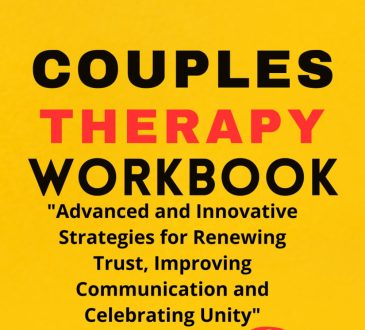Presbyterian Church Alleges Sixth-Form Pupils Branded ‘Bullies’ for Expressing Religious Beliefs on Homosexuality

In a gripping session before Stormont’s Education Committee, the Presbyterian Church in Ireland (PCI) voiced serious concerns regarding the current approach to Relationships and Sexuality Education (RSE) in Northern Ireland. During the meeting, Dr Andrew Brown, representing the PCI, shared a contentious incident where sixth-form pupils were allegedly labeled “bullies” for expressing their personal beliefs about homosexuality.

The incident, which took place during an anti-bullying workshop in a controlled school, has raised pressing questions about the fine line between safeguarding student well-being and respecting freedom of belief. According to Dr Brown, the pupils in question had been asked if they believed homosexuality was wrong. When some raised their hands, they were swiftly told that their views made them bullies.
Dr Brown’s testimony, as reported by the BBC, shed light on what the PCI perceives as an insensitivity toward students with faith-based perspectives in the ever-polarizing discussion of sexuality. “These students held personal beliefs,” he explained, emphasizing that they should not have been unfairly singled out during a workshop that was meant to foster inclusivity and understanding.
The PCI’s concerns come in the wake of reforms made to the RSE curriculum by former Northern Ireland Secretary of State, Chris Heaton-Harris, in 2023. Dr Brown warned that the current RSE framework, which aims to present biological and legal facts around topics such as sexuality, abortion, and early pregnancy, cannot be delivered in a morally neutral environment. “RSE is shaped by worldviews, and worldviews come with moral and ethical judgments,” Dr Brown argued.
However, this stance did not go unchallenged during the committee’s proceedings. Dr Anita Gracie, representing the Methodist Church, pointed out the role schools must play in preventing homophobic language and protecting the well-being of all students, including LGBTQ+ individuals. Her remarks underscored the delicate balance schools must maintain in providing a safe space for every student, regardless of their background or beliefs.
Pat Sheehan, an MLA present at the meeting, expressed concern over the potential impact of a school ethos that could alienate young gay students. “How might a young gay person feel in a school environment that condemns their sexuality?” he asked.
Dr Gracie responded by reminding the committee that Northern Ireland’s controlled schools, although operating under a Christian ethos, welcome students of all faiths and none. “It’s important to remember,” she added, “not all Christian teachings condemn homosexuality.”
The exchange revealed deep divisions over the role of faith in education, and how schools should navigate the intersection of moral teachings and legal obligations. The debate also brought to the forefront the question of whether students’ personal beliefs, particularly those shaped by religious convictions, are being adequately respected in the classroom.
For Dr Brown and the PCI, the incident is a stark reminder of the challenges schools face in addressing diverse views on sexuality while maintaining inclusivity. At its core, the issue calls for a reevaluation of how sensitive topics are introduced to young minds in a way that fosters dialogue rather than division.
As Northern Ireland’s education system continues to evolve, it remains to be seen how these concerns will be addressed. However, one thing is clear: the discussion surrounding RSE and the place of personal belief in schools is far from over.





